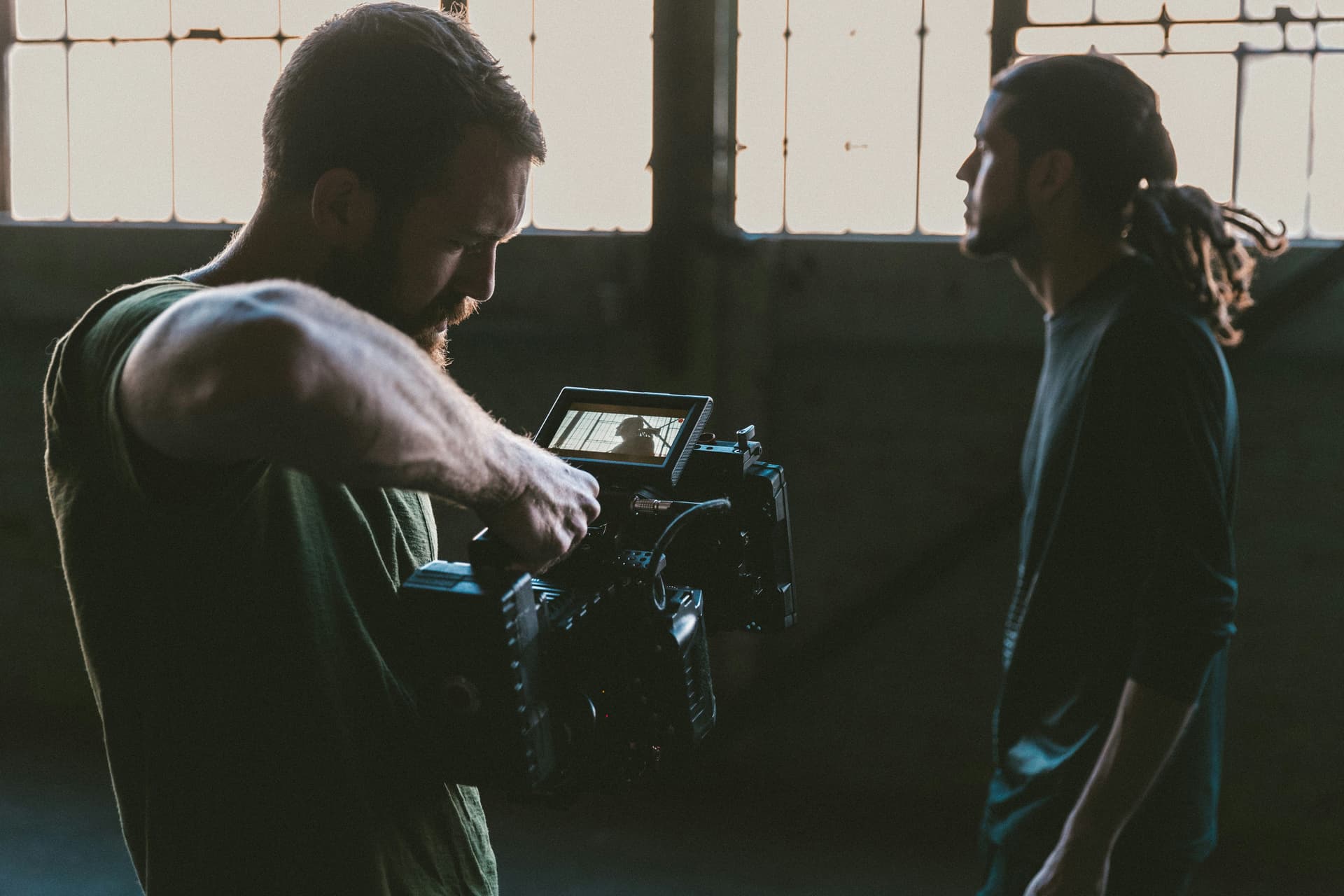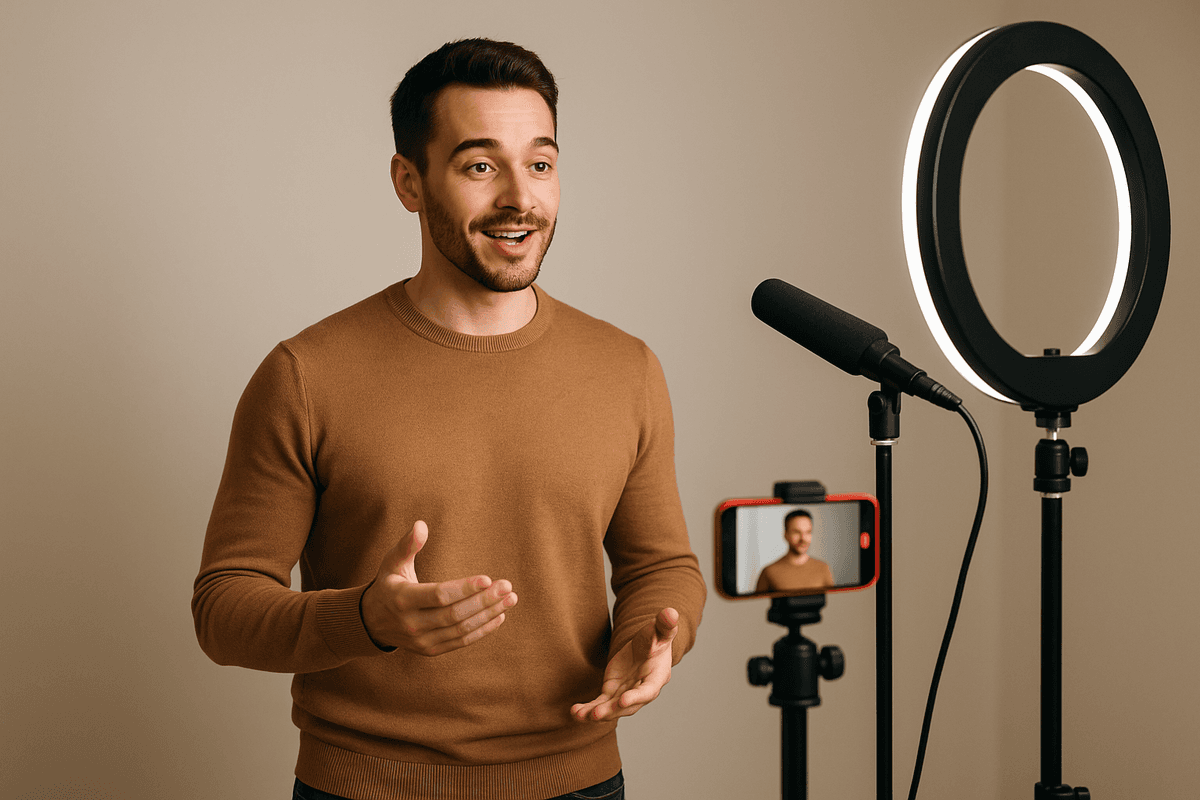Navigating the casting process — Insider tips
Published: 9/4/2024

Create your actor website on ActorCV
Master the casting process to boost your acting career
If you want new opportunities as an actor, you need to understand the casting process. It’s an intricate set-up where talent meets opportunity, and when you know how to navigate it, you’ll increase your chances of landing roles. In this article, we share insider secrets and tips from casting directors and agents to help you succeed.
The casting process in three steps
1. Casting directors select actors for the audition
Casting directors make audition selections based on their specs, your cv, headshot, and showreel. They work closely with directors and producers to find the right talent for specific roles. Casting directors also hold auditions and make recommendations.Agents are key players in the casting process, but you don’t need an agent to get cast for roles, even if it helps. They represent actors, help them find auditions, submit their clients for roles, negotiate contracts, and provide career guidance.
2. Actors attend the audition
All auditions are different, so it’s good to be prepared for what to expect. The casting director who invited you will be there, most likely with the assistant to the creative director. Sometimes there’s also someone there to provide music if you’re required to sing or read lines if the scene involves multiple characters. If the director, producer, or writer isn’t present, the audition may be filmed for their review. After reviewing the footage, they decide who gets a callback.
3. Callback for the actors or final decision from the director
If there’s a callback, you’ll be invited to return for another round. By this stage, you may receive more direction from the director.If there’s no callback, you can congratulate yourself for landing the role!
Insider casting secrets
Make a strong first impression
Professional headshots
A professional headshot is your calling card. Ensure it’s high-quality, up-to-date, and reflects your current look. Don’t be afraid to show emotions in your photos.
Well-crafted CV
Your CV should be concise, highlighting your most relevant experience and training. Tailor it to the role you're applying for. Be honest about your experience and focus on showcasing your talent in the showreel, especially if you're new to acting.
Compelling showreel
Your showreel should showcase your range and talent. Include a variety of scenes that highlight your strengths. This is crucial for new actors as casting directors may not know you yet, and your showreel is your chance to impress them.
Prepare for the audition
Research the role
Understand the character and the project. Research the director’s style and the project’s tone. Show the casting team that you’re serious about getting the part.
Practice your lines
Memorize your lines and practice delivering them in various ways. Experiment with tone, pace, and emotions. You could rehearse with a friend or use apps to help with practice.
Dress appropriately
Your outfit should suggest the character but not distract from your performance. Avoid costumes unless specifically requested. How you look and feel will affect your confidence and performance.
The audition
Be punctual
Arrive early to allow time for any unexpected delays and to calm your nerves. Even arriving five minutes early can make a huge difference in your preparation.
Stay focused
Concentrate on your performance rather than the outcome. Engage fully with the material and the character. At this point, you know your lines, so focus on the scene and your interaction with others to create a spontaneous and genuine response.
Take direction
Be open to feedback and willing to adjust your performance based on the casting director’s guidance. It’s your opportunity to show that you're a great actor and easy to work with. Afterward, consider sending a brief thank-you email to leave a positive impression and stay top-of-mind with casting directors.

Photo source — Jakob Owens, Unsplash
Casting tips from industry professionals
Build relationships
Network
Attend industry events, workshops, and networking opportunities. Building relationships can lead to more audition opportunities.
Maintain professionalism
Always be professional and respectful. A positive reputation can open doors in the industry.
Continue learning
Acting classes
Attend regular acting classes to refine your skills and stay sharp.
Workshops
Participate in workshops to learn new techniques and gain insights from experienced professionals.
Find the right agent
Research
Look for agents with a strong reputation and a track record of success.
Submit professionally
Follow submission guidelines and ensure your materials are polished and professional.
Interview
Meet with potential agents to ensure they understand your career goals and are a good fit for you.
Actor casting advice
Embrace rejection
Rejection is a natural part of the casting process. Use it as motivation to keep improving and stay persistent. After each audition, reward yourself with a favorite treat or hobby.
Stay versatile
Being versatile makes you more marketable. Develop a wide range of skills and be open to different roles. At the same time, make sure you’re genuinely passionate about what you audition for, as confidence and commitment are key to a successful performance.
Keep your materials updated
Regularly update your headshots, cv, and showreel to reflect your most recent work and current appearance.
Verdict — Why you must understand the casting process to succeed
Navigating the casting process can be challenging, but with the right approach and insider knowledge, you can increase your chances of being cast. By making a strong first impression, preparing thoroughly for auditions, building professional relationships, and continuing to refine your craft, you can position yourself as a standout talent in the competitive world of acting. Follow the guidance above and let us know when you land your next role!



